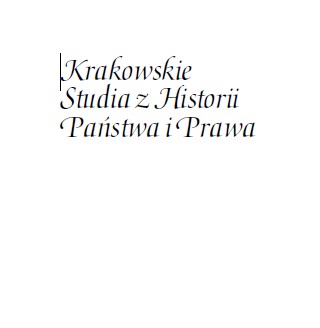Continuity and Discontinuity of Czechoslovak Interwar Law. Basic Introduction of the Topic with an Example of Criminal Law
Continuity and Discontinuity of Czechoslovak Interwar Law. Basic Introduction of the Topic with an Example of Criminal Law
Author(s): Vilém Knoll, Tomáš PezlSubject(s): History of Law, Constitutional Law, Criminal Law, Interwar Period (1920 - 1939), Penal Policy
Published by: Wydawnictwo Uniwersytetu Jagiellońskiego
Keywords: Czechoslovakia; continuity of law; Reception Act; Austrian Criminal Code; Austrian Criminal Procedure Code; protection of the Republic; juvenile justice;
Summary/Abstract: The paper deals with the development of law in Czechoslovakia from its inception to the existence of the so-called First Republic, focusing in particular on the development of criminal law. The primary question addressed in the paper is whether there is legal continuity with the previous Austro-Hungarian legal system. Given that there were several legal orders in force in the aftermath of the establishment of Czechoslovakia, the next necessary question is how this situation was addressed. The paper presents examples from selected areas of criminal law, such as juvenile justice, national security laws, or military criminal norms, and intends to document the main legislative trends, namely the introduction of completely new legal regulations, the adoption of the original Austrian regulation and its nationwide application, or, last but not least, the adoption of both Austrian and Hungarian regulations with their simultaneous application. The codification attempts in the Criminal Code, which were not completed in the relevant period, have not been overlooked.
Journal: Krakowskie Studia z Historii Państwa i Prawa
- Issue Year: 15/2022
- Issue No: 2
- Page Range: 179-201
- Page Count: 24
- Language: English

